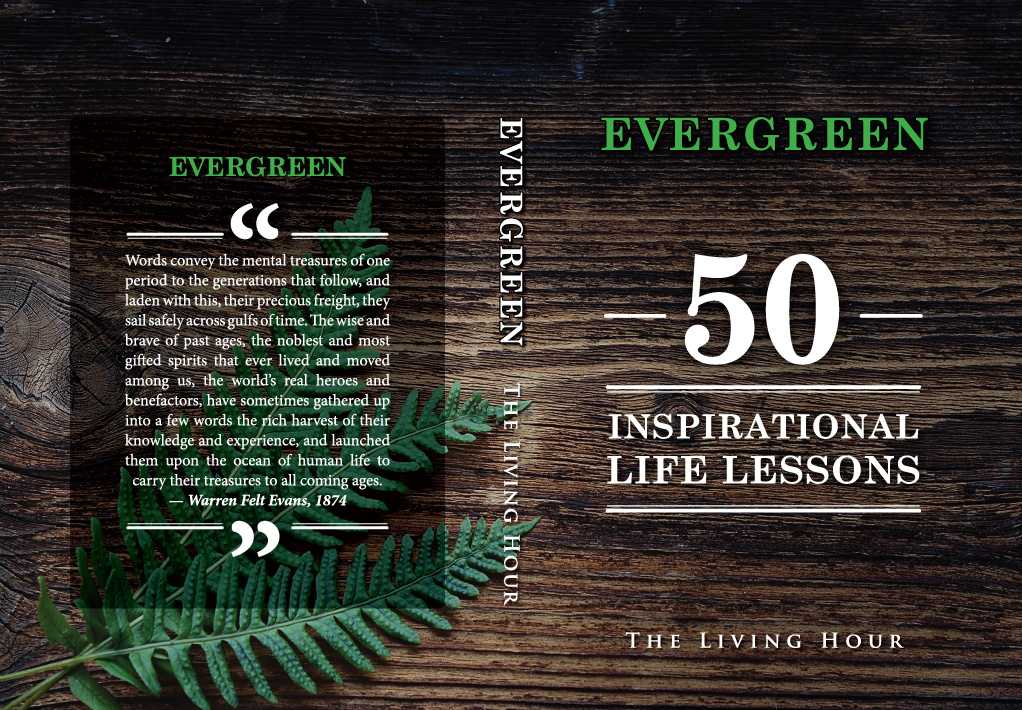10 Jun The Way of Wonder | Inspirational Podcasts
Podcast Transcript: Welcome to the Inspirational Living podcast, brought to you in part by Book of Zen, makers of inspirational fashion and gift ideas. Visit them online at BookofZen.com. Today’s podcast has been edited and adapted from a book of essays by Stephen Paget, published in 1911.
THIS much I remember of Aristotle, that he calls Wonder the beginning of the love of Wisdom. To have a right judgment of our surroundings, we must wonder at them, and be surprised that they and we are met together. So long as we exercise this quickening sense of wonder, there is hope for us, and some justification of our presence here on earth—because we all are on the road that leads toward wisdom: and they alone are incorrigible fools to whom Nature comes natural.
Once we have fallen into the bad habit of taking for granted what Nature gives us, and have ceased to be amazed, it may be fairly said that in the midst of life we are in death. For one might as well be dead as alive, to look with dull eyes at the world, not finding it wonderful.
So excellent is Wonder that we must not profane its name in common use. For example, there is the phrase, “I wonder if”. You can be sure that he or she, who turns a sentence thusly, is careless in speech, and oblivious of the rights of words. It is impossible “to wonder if”: you simply are not thinking, nor even trying to think.
“I wonder if it will be nice tomorrow.” You could hardly find a worse sentence. Never wonder if: always wonder at. The dawn of one more day, wet or fine, is wonderful: if it be fine, wonder at the sunshine; if it be wet, at the rain, each drop a miracle. “Wonder if” is not worth saying, not worth answering. It is something said for the sake of saying something to hide the cheapness of something said.
“How cold it is; I wonder if it is going to snow.” If guinea-pigs could talk, that might be the level of their conversation. Avoid, with equal care, the phrase, “The wonder is”. Grandpapa, for example, slips on the stairs and hurts himself. The wonder is, that he did not hurt himself more. It is not. The wonder is, that Grandpapa DID hurt himself.
All pain is infinitely wonderful: but there is no wonder in the measured severity of this or that accident. It was not possible that grandpa should hurt himself more. Given his weight, the velocity of his descent, the density of the stairs, and the state of his tissues, you might calculate the harm done, working out each bruise, by algebra on a black-board.
To wonder that he did not hurt himself more is like wondering that two and two do not make five. Grandpa’s injury was his share of the universe at the moment of his accident: it was bound, therefore, to be exactly what it was. Otherwise, not he, but the universe, would have been confounded.
The universe (in accordance with its eternal principles) upset Grandpapa. If he had hurt himself more, ever so little more, he would have upset the universe. Wonder yourself silly, not over the amount, but over the fact of his pain: wonder at what did happen, not at what might have happened, if it could have happened…..
Read The Entire Essay in Evergreen: 50 Inspirational Life Lessons
You can also gain access to this essay and full transcript by becoming a patron of the Inspirational Living podcast. For more information, please visit: https://www.patreon.com/inspirationalpodcasts.

